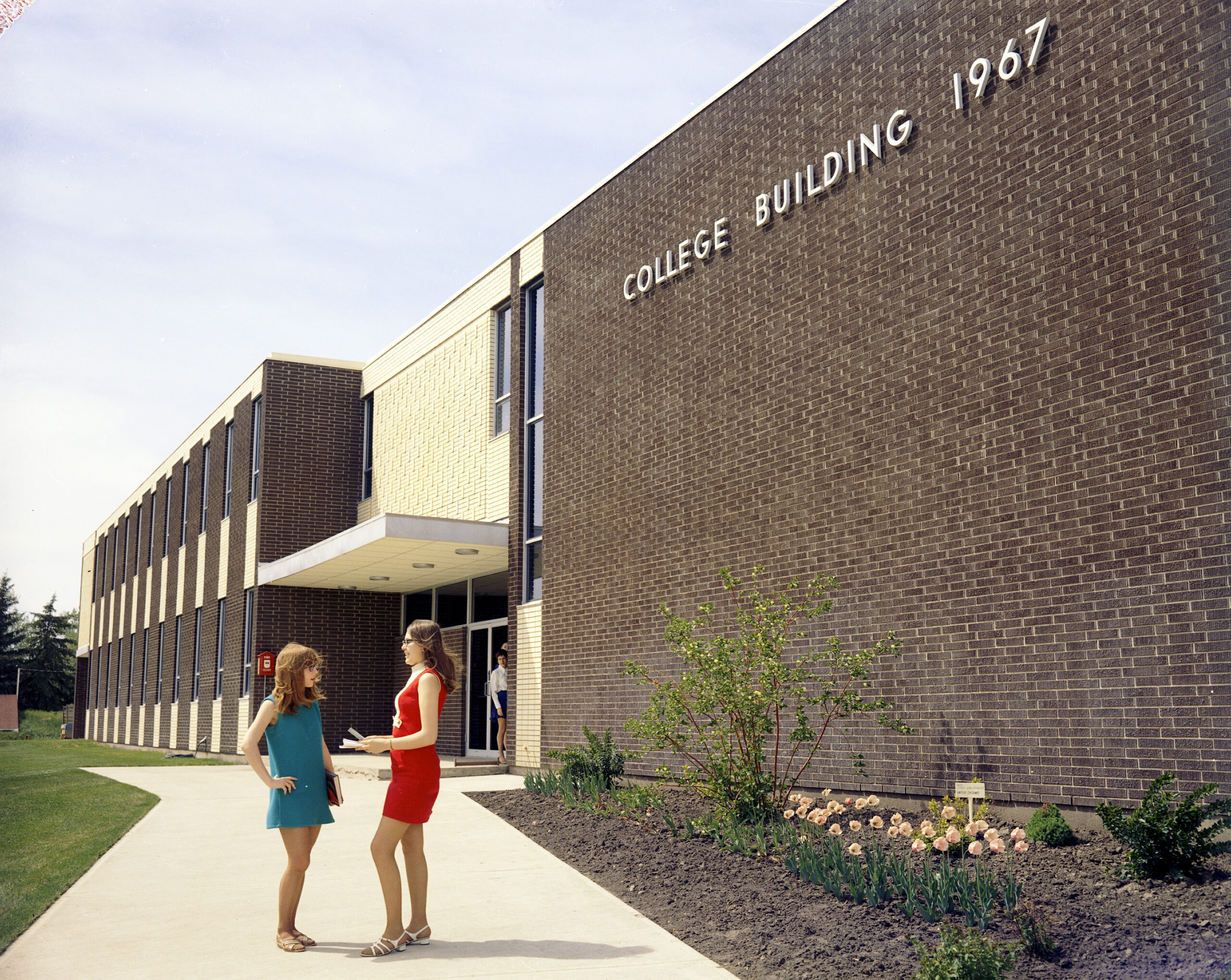In this article:
- As many students will arrive on campus for the first time in their post-secondary career, the pressure will be on to rebuild the in-person campus community and support students in all years as they transition back to campus life
- Peer mentorship programs are demonstrated to have beneficial results on student retention and course success (study)
- In loosely structured peer mentorship programs, students reported they talk about achieving high academic performance, time management and connecting or collaborating with peers (study) – these are all valuable conversations that can help build a stronger, more resilient community
For more students than usual, this fall will mark their first time away from home. Post secondary communities will be tasked with fostering in-person connections for most of their students, putting extra pressure on student supports to help students feel like they belong.
An easy way to help develop connections between students is through a peer-to-peer mentorship program. These programs offer the opportunity for upperclassmen to develop valuable leadership and communication skills while helping newer students develop academic and coping skills. The end result is a connected student body, where students they belong.
Peer mentorship supports student campus communities
Peer mentorship is also a valuable element of supporting student retention, according to a study published in Life Sciences Education. In this study, 437 first-year biology students met in small groups consisting of six students and one upper-year mentor to talk about study strategies and developing a growth mindset. Through the semester students participated in ten sessions, each 50-minutes long. At the end of the study, students who had participated in these sessions employed more diverse approaches to academic challenges than their peers and were more likely to use other campus learning tools. Students also, on average, achieved higher grades in the prerequisite chemistry class and were more likely to enroll in the subsequent chemistry prerequisite, demonstrating short-term retention.
Peer mentorship doesn’t have to be a rigid, structured program
Less structured peer mentorship programs are also valuable. Preliminary data from the University of Colorado Denver looked at the impact of an Engineering Learning Community in effect at the school. Student mentees are connected with sophomore to senior-level students and connect in “loosely structured” meetings throughout the semester. Researchers report that conversations within these meetings refer to achieving high academic performance, time management and connecting with peers – conversations that can be hugely beneficial to a student body gravely impacted by virtual learning.
Conclusion
Peer mentorship programs are fantastic ways for students to develop interpersonal, academic and leadership skills. These programs also help students develop connections outside of the classroom, fostering a supportive community, increasing retention and helping students feel like they belong.
Want to learn more? Nimbus Learning has developed a detailed white paper full of research on the benefits and challenges of developing a campus mentorship program. Reach out to us if you would like us to send you a copy, or find out more about how we can help build and optimize your campus’s mentorship program.




